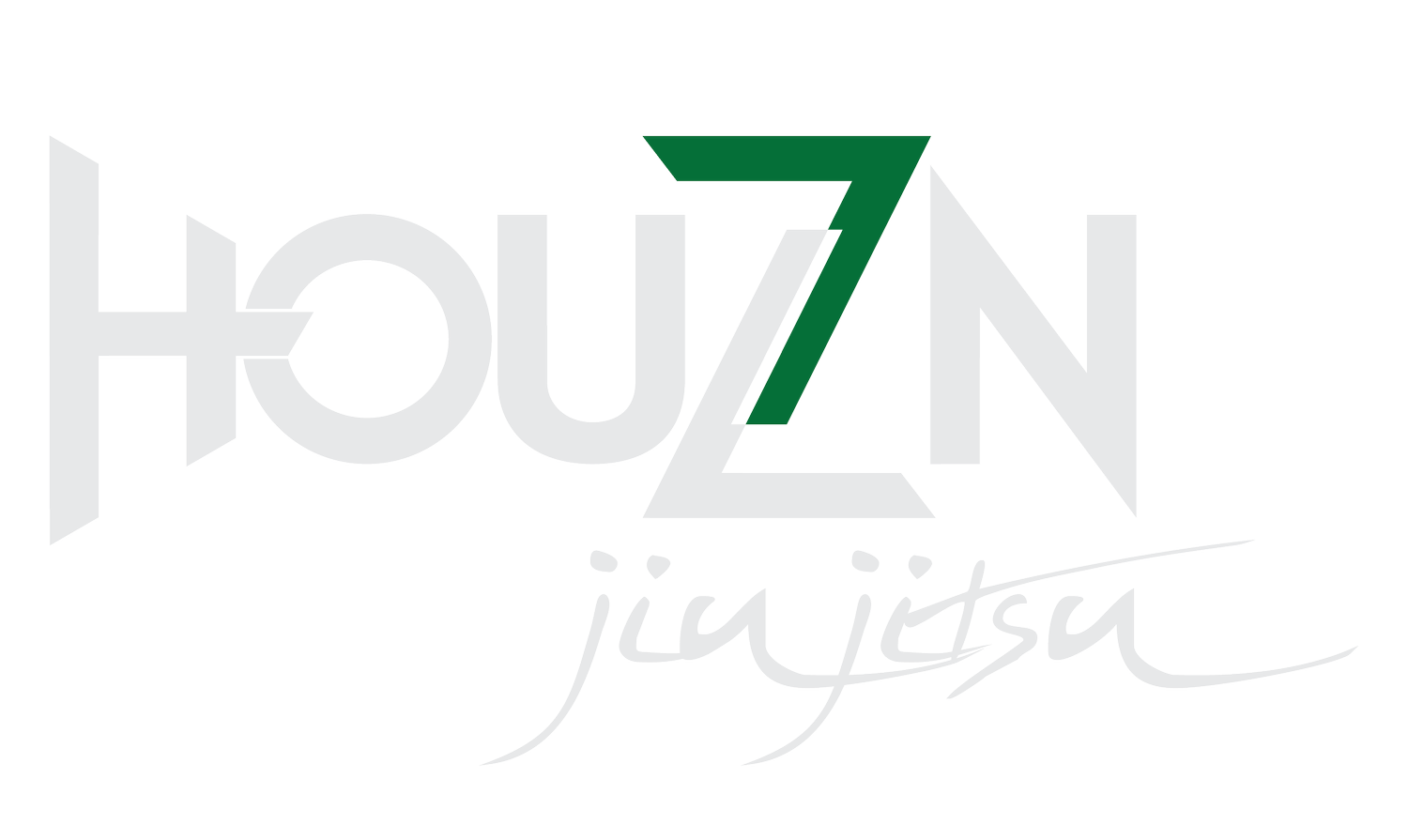LITTLE WARRIORS
In this beginner program, your child will learn the basics of Jiu Jitsu and develop a strong mental, emotional, and physical foundation to become a confident individual.
The program focuses on instilling a positive mindset, discipline, responsibility, and problem-solving skills. By teaching your child to approach challenges with a positive attitude, set a good example, express opinions respectfully, and take responsibility for their actions, they will gain the confidence to achieve their goals without making excuses.
Our classes provide an amazing experience for your child. They will learn to follow instructions, stay focused, and have fun with their teammates. They will do activities on their own and with the group that are engaging and enjoyable. Most group activities help them become accountable, responsible, and learn how to work with others towards a common goal.
Jiu Jitsu is not just a sport, it's a way of life that allows your child to express themselves and find their true path. Unlike other martial arts, Jiu Jitsu constantly evolves and doesn't have a fixed form.
-
Unlike fine motor skills, which refer to our ability to control the small movements in our hands and fingers, as well as make small movements with the other parts of our bodies, like our feet, toes, lips, and tongue, gross motor skills refer to our ability to control the larger muscles of our body needed to perform everyday skills like standing, walking, running, jumping, climbing, and sitting upright. Gross motor skills are also required for some hand-eye coordination skills, like throwing, catching, and kicking a ball.
-
When a child has difficulty controlling the large muscles in his body, he will not only have trouble meeting age-appropriate physical milestones, but will also struggle with self-confidence and the ability to participate in complex activities. A child who is uncoordinated and struggles to navigate playground equipment, for example, may feel embarrassed and frustrated, causing him to avoid socializing with his peers during recess at school. This will undoubtedly have an impact on social development and self-esteem, and without the opportunity to properly develop individual gross motor skills, he will find it harder to master complex movements that require a combination of different gross motor skills in the future.
-
Natural Movements
Focus on a given task
Build mental and muscle strength
Develop balance and coordination
Develop self-discipline and self-confidence



